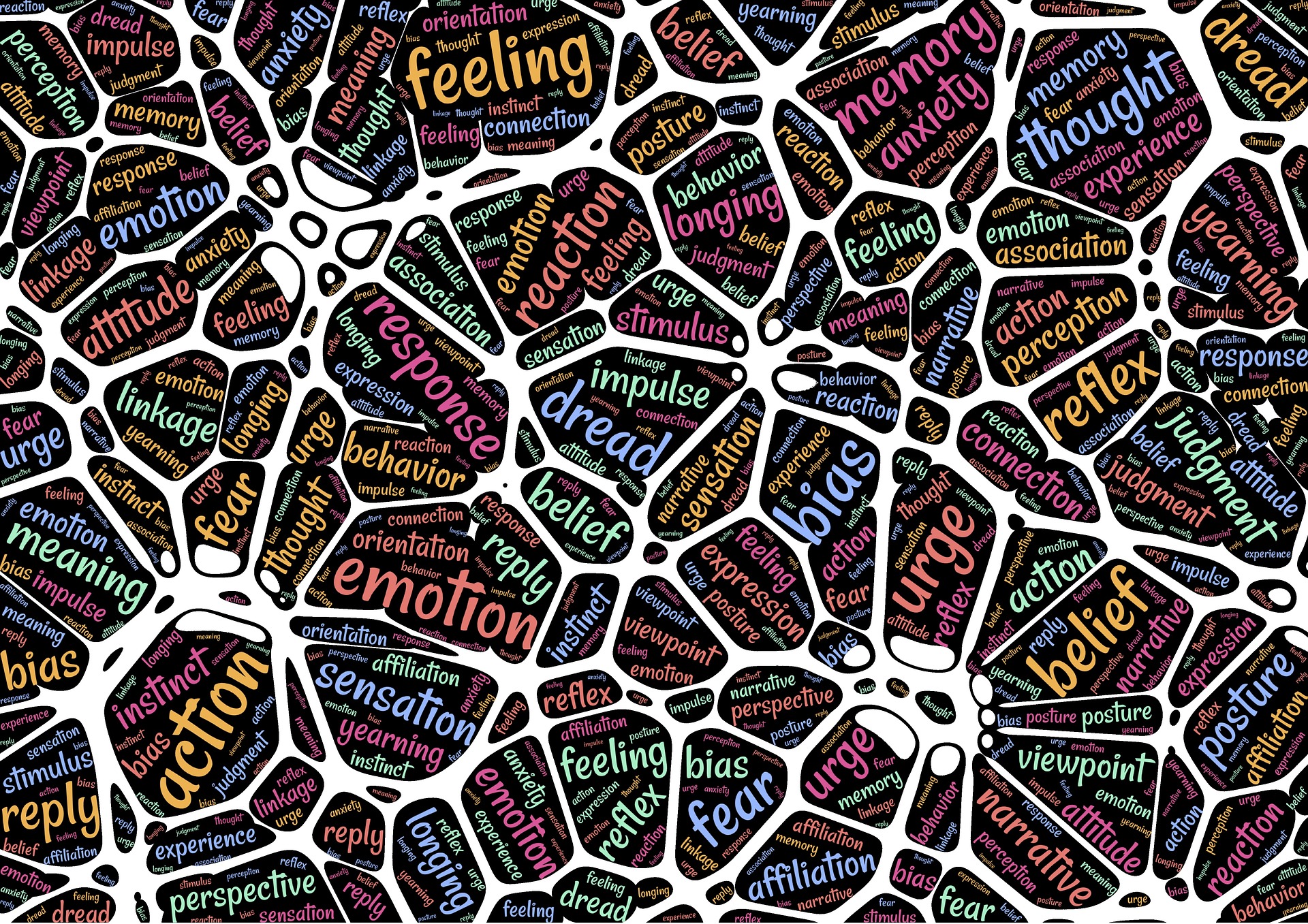The Prof E Sus project’s main aim is to promote a sustainable mindset in vocational students.
What does that involve?
And doesn’t that sound a little sinister?
Brainwashing perhaps?
Or is it what education (literally to bring out) should have been about all the time?
Promoting mindsets is popular in education. At the moment we are hearing a great deal about promoting a growth mindset and there is also the movement to promote a Visible Thinking mindset so what can we learn from the huge amount of work that has gone into just these two movements?
I came across an old article today by Carol Dweck herself about how to promote a growth mindset and it made me wonder if I could translate it into how to promote a sustainable mindset. The article talks about four steps to promoting a growth mindset so how would the four steps look to promote a sustainable mindset?
Step 1: Learn to hear your business as usual mindset voice
As you approach a task, that voice might say to you,
Buy the cheapest
OR
Do it the quickest way
OR
Just put the whole lot in the bin
Step 2: Recognise that you have a choice
How you cook, clean, deal with leftovers and refuse or organise your purchasing is always a choice between different possibilities.
You can choose to do it the way you have always done, the way you were taught twenty years ago, or the way everybody else does it now OR you can choose to take a step back and ask:
- What would be best for the environment?
- What might take a bit more time but save some money?
- Could someone else make use of what I am proposing to throw out?
Step 3: Talk back to it with a sustainable mindset voice
As you approach a task, the business as usual mindset tells you:
Let’s just do it quickly and cheaply.
And the sustainable mindset answers:
Well if we do it this way, it may take a while to set up but afterwards it will be just as quick and may be even cheaper.
The business as usual mindset says:
Let’s do this like we always have.
While the sustainable mindset answers:
Let’s invest a bit of energy in finding out if this can be done in a better way.
Step 4: Take the sustainable mindset action
Over time, which voice you heed becomes pretty much your choice. Practice hearing both voices, and practice acting on the sustainable mindset. See how you can make it work for you. This last step is about habit formation which the experts say takes at least 21 days to embed.
Can you do it? Can your students?
I am wondering if this 4-step habit adjustment could be included in vocational training. The 21-day habit formation standard would seem to indicate that it would be realistic to expect to see some improvements over the period of a typical training course. But first you probably have to try it out yourself, perhaps through a diary or video log. What do you think?
Would there be value in asking students explicitly at critical stages in a work task, What are your choices at this point?

